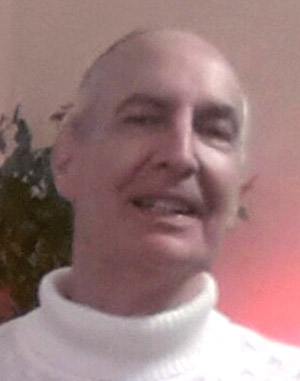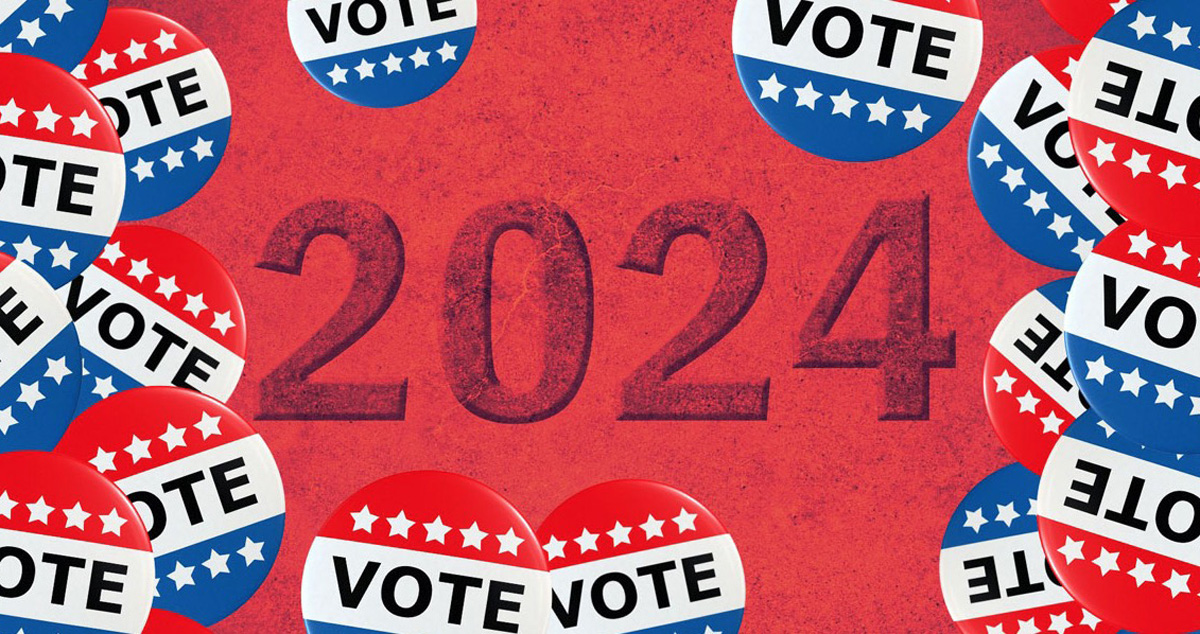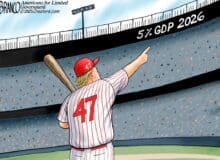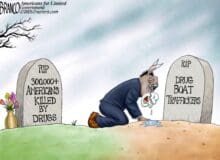By Jeff Davidson,
The average citizen, me included before I did the research for this article, knows little about Election Day itself. Today, it is held on the first Tuesday following the first Monday in November, but things didn’t start out that way.
The U.S. Confederation Congress passed the “Election Ordinance” on September 13, 1788, and “provided for the selection of presidential Electors.” The first Electoral College was chosen on January 7, 1789 and George Washington was elected on February 4, 1789. Five decades later, via a congressional act, the first Tuesday following the first Monday in November was selected as Election Day for all future elections.
In many states, the state legislatures require government offices and courts of law to be closed, hence encouraging employees to take the time to vote. People wrongly assume that Election Day is a federal holiday; it is not. It is a civic holiday in some states including Delaware, Kentucky, New York, New Jersey, and Ohio, among others.
Why November and Why Tuesday?
The U.S. was an agricultural society, so November was an opportune time as harvest season ended. Many voters in rural areas attended religious services on Sunday. To vote, they needed to travel significant distances to reach a polling station. So, Tuesday was selected as Election Day.
Prior to 1845, each state could hold its presidential voting any time within a 34-day period and then send their electors to the Electoral College, per the U.S. Constitution. States completing their voting earlier within the 34 days might end up influencing other states which voted later. So, a single Election Day was initiated.
The first nationwide Election Day occurred on November 7, 1848. Zachary Taylor (Whig) was victorious over Lewis Cass (Democrat) and former President Martin Van Buren (Free Soil). Taylor died in July 1850 and thus was succeeded by Vice President Millard Fillmore.
Misunderstanding the Electoral College
The U.S. Constitution spells out that a body of Electors shall be responsible for actually choosing our president and vice president. Each Elector is appointed by his or her respective state. The methods of appointment vary depending on the state and are subject to the rulings of each state’s legislature.
Each state has two senators. Let’s say a state has three representatives in Congress. That would give it five electoral votes. A larger state, still with two senators, and, say, 30 representatives would have 32 votes, and so on. In all, Congress has 100 senators from the 50 states and 435 representatives. The District of Columbia is not a state but has been allotted three electoral votes. Thus, the total number of electoral votes is 538.
These Electors cast their vote in December within their home states, usually in accordance with the popular vote. Currently, 48 of the 50 states give all of their electoral votes to the candidate receiving a majority of the popular vote in that state. Two states, Maine and Nebraska, allow for electoral votes to be split between candidates, often in accordance with the percentage of the popular vote that each candidate received.
The Formality of January 6
Congress tallying up the electoral votes on January 6th has been long regarded as a formality. A winning candidate must receive 270 of the 538 electoral votes. Two candidates could each gain 269 electoral votes and hence be tied. As such, the president is selected in the House, with each state having only one vote. A candidate must have 26 House votes, and this favors the Republican Party, which has the majority in most (smaller) states. If the House vote is tied, 25 to 25, which hasn’t happened, the next Congress, not the current Congress, votes on the presidency.
In many presidential elections, the winning candidate does not have the most popular votes. This system allows smaller population states to have impact in elections. If elections were based solely on popular votes, then large states such as California, Illinois, and New York could dominate in all of them. This dominance would make people from small states feel disenfranchised.
In recent years, as we all know, voting results are not fully known on Election Day, which has effectively opened the doors to all sorts of election interference; vote tampering; and election fraud. Delaying Election Day results now imperils our nation.
++++

Jeff Davidson is “The Work-Life Balance Expert®” and the premier thought leader on work-life balance, effectiveness, integration, shift, blend, and harmony. Jeff speaks to organizations that seek to enhance their overall productivity by improving the effectiveness of their people. He is the author of Breathing Space, Perfect Timing, Simpler Living, Dial it Down, and Everyday Project Management. Visit BreathingSpace.com or call 919-932-1996 for more information on Jeff’s keynote speeches and seminars.





